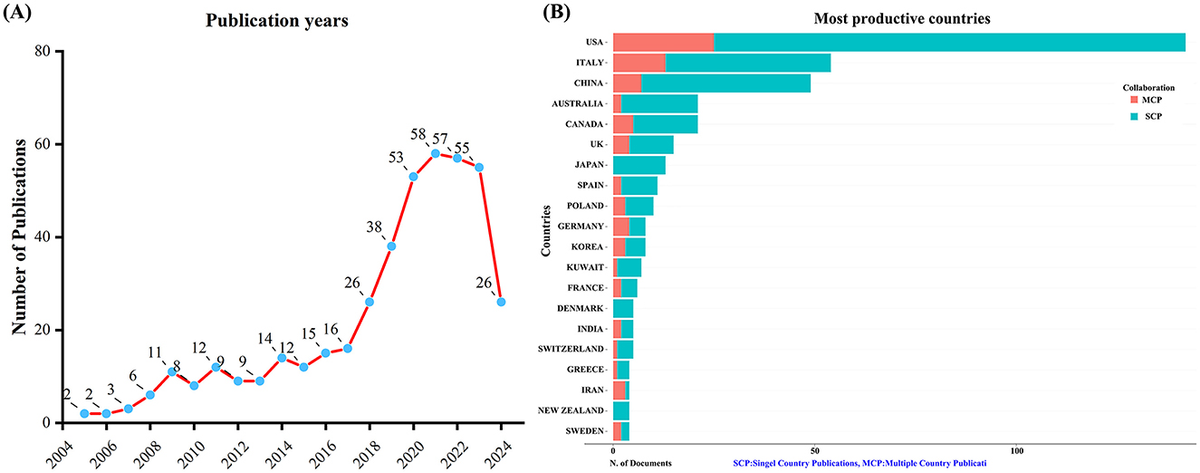Study finds ketogenic diet may regulate menstrual health | Image Credit: © KMPZZZ – © KMPZZZ – stock.adobe.com.

Irregular menstrual cycles may be mediated by a ketogenic diet (KD) which increases ketones in the blood, according to a recent study published in PLOS One.1
In a KD, fat is converted into ketones, which cells in the body and brain use as an alternative to glucose. The goal of a KD is to put the body in nutritional ketosis, which refers to a state in which the body has greater access to ketones for fuel and as a signaling molecule.1
A change in menstrual frequency, intensity, or both was reported in 11 of 13 pre-menopausal patients achieving nutritional ketosis in a study evaluating weight loss in KDs, vs no change among women on low-fat diets (LFDs). This led investigators to hypothesize ketones may help regulate menstrual health in women.1
The study was conducted to evaluate the impact of KD on stalled menstruation. Participants included premenopausal women aged a mean 34 years residing in the greater Columbus, Ohio area.2
Patients on a KD consumed approximately 40 g of carbohydrates daily, with the remaining non-protein calories obtained from fat. In comparison, those on an LFD received 25% of energy from lipids, with less than 10% being saturated fat and less than 30 g of added oils.2
Women with major weight loss events, habitual consumption of a low-carbohydrate diet, gastrointestinal disorders or food allergies, excess alcohol consumption, disease conditions, or diabetic medication use were excluded from the analysis. Participants completed questionnaires about medical history, physical activity, and menstrual history.2
Diet use lasted for 6 weeks, with participants attending bi-weekly in-person visits. Weight and height were measured, alongside body composition using dual x-ray absorptiometry. A trained phlebotomist used aseptic techniques to perform blood draws.2
Menstrual events were reported subjectively through the lifestyle changes survey. Changes were recorded on days 14, 28, and 42. Patients responding positively to questions asking if changes occurred were then asked if menstrual events differed in intensity, frequency, or if they were regained after 1 year or longer.2
Baseline characteristics did not significantly differ between groups, with similar capillary beta-hydroxybutyrate (R-βHB) reported. However, participants on the KD had R-βHB boosted further than the LFD into the range of nutritional ketosis. R-βHB concentrations were not impacted by LFD.2
Significant changes were reported for all menses categories for both KDs assessed. This included KD with ketone salts (KS) or with flavor-matched placebo (PL). Both KD+KS and KD+PL had significant differences in the “no change” response at days 28 and 42 when compared to LFD.2
A significant elevation in body mass index (BMI) was reported in participants with a change in menstrual patterns vs those with no response. An increase in serum MCP-1 levels was also reported in these participants.2
Clinically meaningful weight loss was reported among women with a KD+PL diet at day 14, along with those on the KD+KS and the LFD by day 28. Reversing a class 1 obesity BMI to an overweight BMI was reported in 64% of patients with obesity class 1 at baseline.2
Patients on the LFD had a significantly reduced mean fasting insulin vs the KD+KS. Inflammatory markers were not impacted by weight loss.2
These results indicated clinically significant weight loss from both a KD and LFD, with a KD linked to a positive impact on self-reported menses. Investigators concluded further research may highlight novel therapeutic roles of ketosis.2
This article was initially published by our sister publication, Contemporary OB/GYN.
References:
- Keto diet, supplements may restart stalled menstruation. Ohio State University. October 30, 2024. Accessed November 18, 2024. https://www.newswise.com/articles/keto-diet-supplements-may-restart-stalled-menstruation
- Kackley ML, Buga A, Brownlow ML. Self-reported menses physiology is positively modulated by a well-formulated, energy-controlled ketogenic diet vs. low fat diet in women of reproductive age with overweight/obesity. PLOS One. 2024. doi:10.1371/journal.pone.0293670



